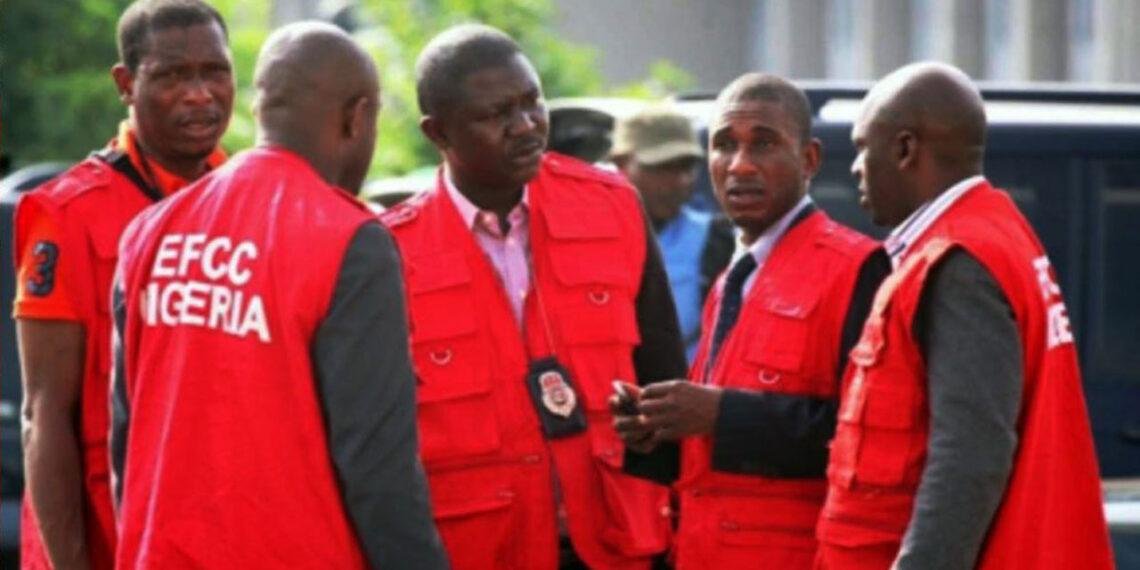The Executive Chairman of the Economic and Financial Crimes Commission (EFCC), Mr. Ola Olukoyede, has called on businesses and institutions outside the financial sector, known as Designated Non-Financial Institutions and Businesses (DNFBPs), to adhere strictly to laws that prevent money laundering and terrorism financing.
He made this appeal during a meeting in Kano on July 1, 2025, which brought together representatives from various sectors such as real estate, mining, automobile, and hospitality.
Olukoyede highlighted Kano’s important role as a major commercial center in Northern Nigeria, making it a target for individuals looking to launder dirty money. He stressed that it is crucial for these businesses to comply with existing laws to protect Nigeria’s financial system. He stated, “Your presence here shows a strong commitment to protecting our economy and society from the damaging effects of financial crime.”
He pointed out the legal responsibilities that DNFBPs have under the Money Laundering (Prevention and Prohibition) Act and the Terrorism (Prevention and Prohibition) Act, emphasizing that reporting suspicious transactions is essential. He said, “Following these rules is not a choice; it’s a legal and moral obligation.”
Read also:
- EFCC arrests former Plateau speaker, 14 others for alleged money laundering
- EFCC boss inaugurates NDDC projects in Bayelsa
- EFCC charges Ponzi scheme director with N13.8bn fraud in Port Harcourt
Olukoyede shared important practices that businesses should follow, such as knowing their customers, being alert to warning signs of suspicious activity, and promptly reporting any unusual transactions. He warned that failing to comply with these laws could lead to severe penalties, including hefty fines, losing business licenses, damage to reputation, and even criminal charges for those who overlook or ignore these responsibilities.
He reassured the businesses that the EFCC and the Special Control Unit Against Money Laundering (SCUML) are there to support them. He emphasized how critical their reports are for effective financial oversight and investigations.
He encouraged business owners in Kano to engage regularly with SCUML and invest in training for their staff to ensure strong compliance with the laws. He reinforced the idea that by doing their part, they not only follow the rules but also help protect their businesses, maintain the integrity of Kano’s economy, and contribute to the overall safety and prosperity of Nigeria. He concluded by urging everyone to work together to make Kano a leading example of compliance in the fight against illicit financial activities.






